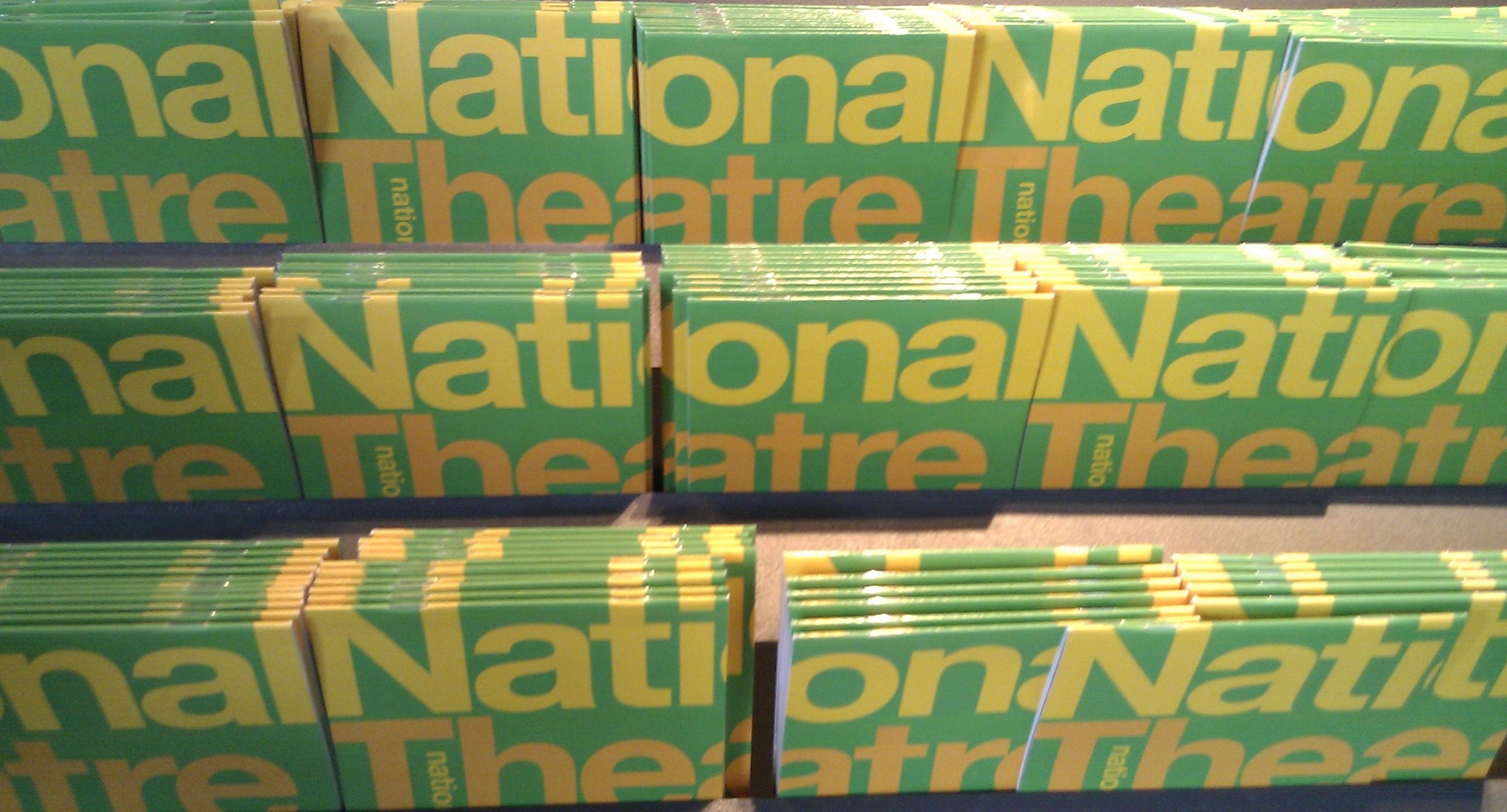The National Theatre: what should we expect of our nation’s theatre?
In famed theatre critic Michael Billington’s interview with The Boar last month, he made some comments about the National Theatre under Rufus Norris’ leadership. “There’s a huge bank of plays – British plays, continental plays, American plays – that the National could be looking at, and my argument was that if the National opts out of this, then so will everyone else. It’s getting increasingly hard for regional theatres now to do a broad repertory of plays for financial reasons. The RSC obviously does what it can, but I just feel that a whole generation is losing sight of the broad, classic range”. So what we should think of the National Theatre’s programming and its goals?
The National Theatre doesn’t appear to have a ‘mission statement’ in the classic sense, but a quick browse of their website reveals a few basic points. It aspires to “extend [its] reach” through tours, transfers and National Theatre live cinema screenings; to “inspire audiences” through 30 “world-class productions” in the Southbank and West End; to “increase public engagement” and understanding through talks, exhibits and publications; and to “provide opportunities” to learn and “promote the health of theatre”. So far, so little information about how the season is put together.
There will always be those who want more Shakespeare, more comedies, more obscure revivals, more new plays
Within a few clicks, I find the announcement of the National Theatre’s new season. I can’t go through every single production on this year but suffice it to say, it encapsulates quite a broad range. A new David Hare play, the return of National Theatre success stories War Horse and Follies, a new cycle about the Lehman Brothers directed by Sam Mendes. They are all exciting offerings. Smaller premieres are also included at the Dorfman. But there are plenty of classics: Macbeth, Antony and Cleopatra, Pericles, a Ionesco play and Brian Friel’s brilliant Translations. There will always be those who want more Shakespeare, more comedies, more obscure revivals, more new plays, but this seems like a great mix of shows.
If the National is the nation’s theatre, what does the nation need from its theatre? Some, like Michael Billington, might say it exists to expose the British public to the ‘classics’. Everyone should see plays that were formative to previous generations, and when they do, shouldn’t that production be made by some of the best theatre-makers in the country with the most resources? It’s easy to sympathise with this perspective, especially because those productions are now broadcast to the entire world. It’s an invaluable resource to our education system to have the National Theatre producing important plays.
It’s an invaluable resource to our education system to have the National Theatre producing important plays
But I can also understand why Rufus Norris hasn’t programmed a full season of classics. The National must educate on the past but it must also be the home of the future. Productions like War Horse and other new plays will develop the next generation of theatre-makers. My favourite experience at the National was the family cycle Three Winters, by a fairly unknown Croatian playwright. Is there another venue that could have put so many resources into a production so unlikely to be a commercial hit?
However, the National Theatre is not the best space for all plays. I saw a production of Our Country’s Good in the Olivier Theatre in 2015, when I was studying the play for A-Levels. Written in the 1980s, the play deserves to be considered among the best. But it was written for the Royal Court. The intimacy of the play was lost on the Olivier’s massive stage.
The National must educate on the past but it must also be the home of the future
Worryingly, most of the ‘classics’ Rufus Norris has scheduled this year, including three Shakespeares, Ionesco’s Exit the King and Friel’s Translations, are all going into the Olivier. While some, like Pericles, might fit the space very well, it is possible that something like Translations will not. There is particular pressure this season to rectify last year’s Olivier season, which underperformed critically and commercially with Salome and Common.
I don’t think the problem is that the National Theatre isn’t performing classics. They balance the old and the new charmingly. Each season’s announcement is packed with excitement in terms of recognisable plays, interesting new finds, fabulous directors and new concepts. The National is extremely good at taking risks, mostly because it is not under the same financial pressure as most commercial theatres. The problem is that, at least recently, classics are being treated like seat-fillers without the care that goes into their successful new plays.
The National is extremely good at taking risks, mostly because it is not under the same financial pressure as most commercial theatres
The current revival of Macbeth is a perfect example. With the cast and the known property, it was more or less sold out before it started. But the reviews have been poor, with many critics commenting that it was ugly and monotonous. The National is extremely good at taking risks, yes, but in doing so with Macbeth it seems to have forgotten the audience.
The National is great at creating new and interesting productions, with highlights of the past decades including War Horse, The Curious Incident of the Dog in the Night-time and People, Places and Things. I can’t think of any productions of revivals that have become even half the successes of those productions. No National Theatre Shakespeare or Chekhov has been sent to Broadway recently. On the other hand Angels in America, last season’s biggest success apart from maybe Follies, has. Angels and Follies are not expected National Theatre properties, neither was Amadeus, but they have thrilled audiences in the past year. It is these adventurous revivals the National needs to be seeking.

Comments